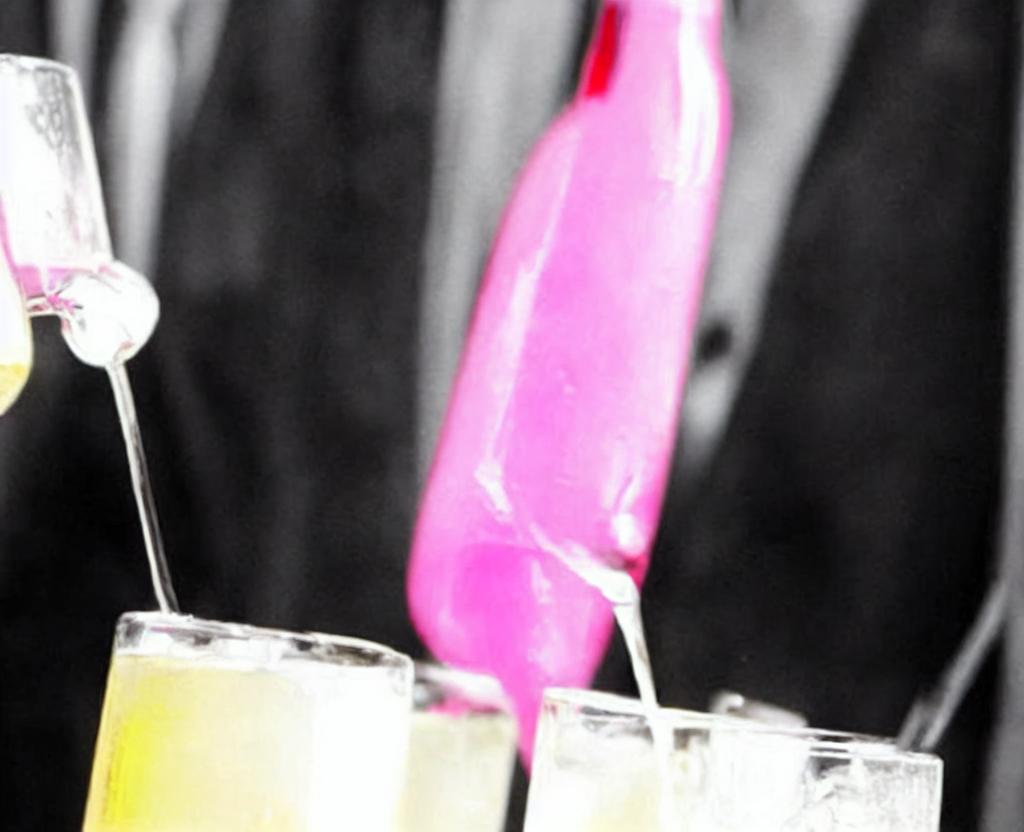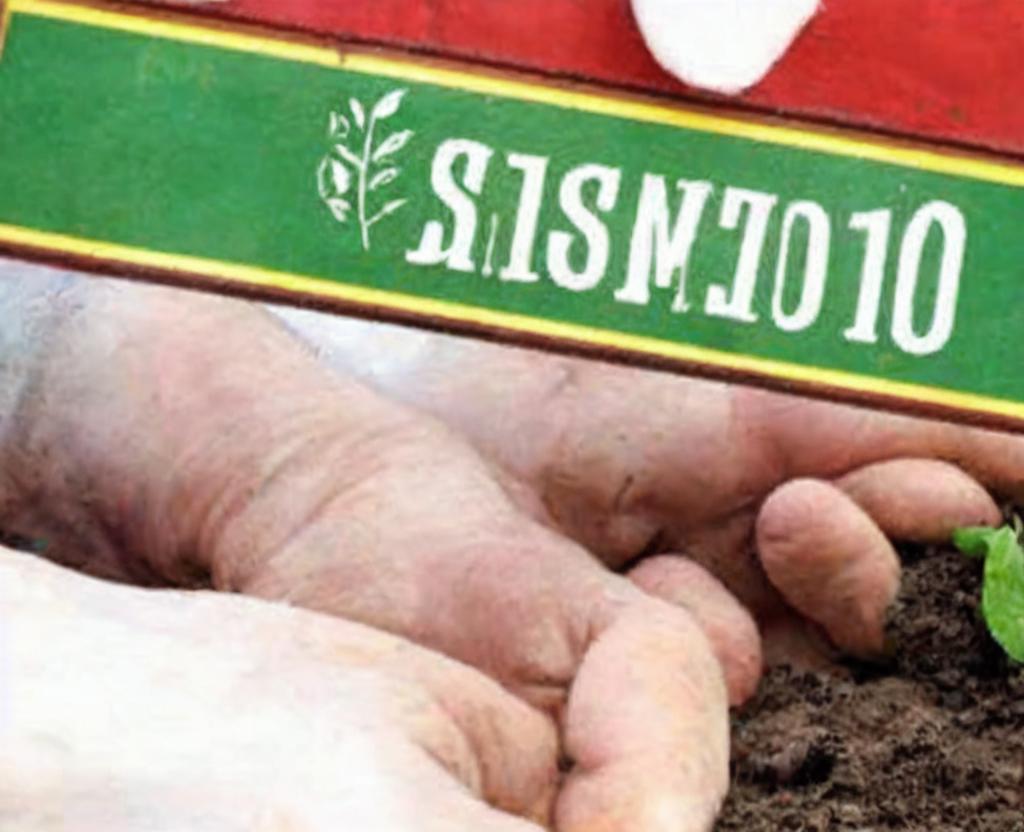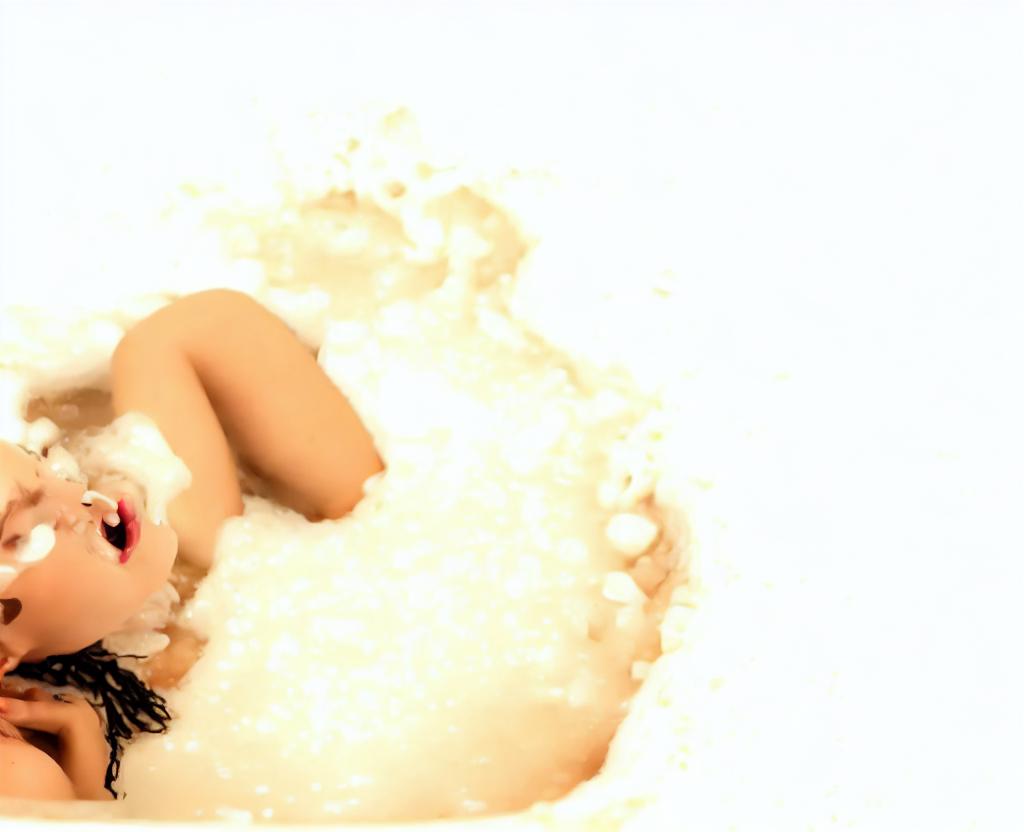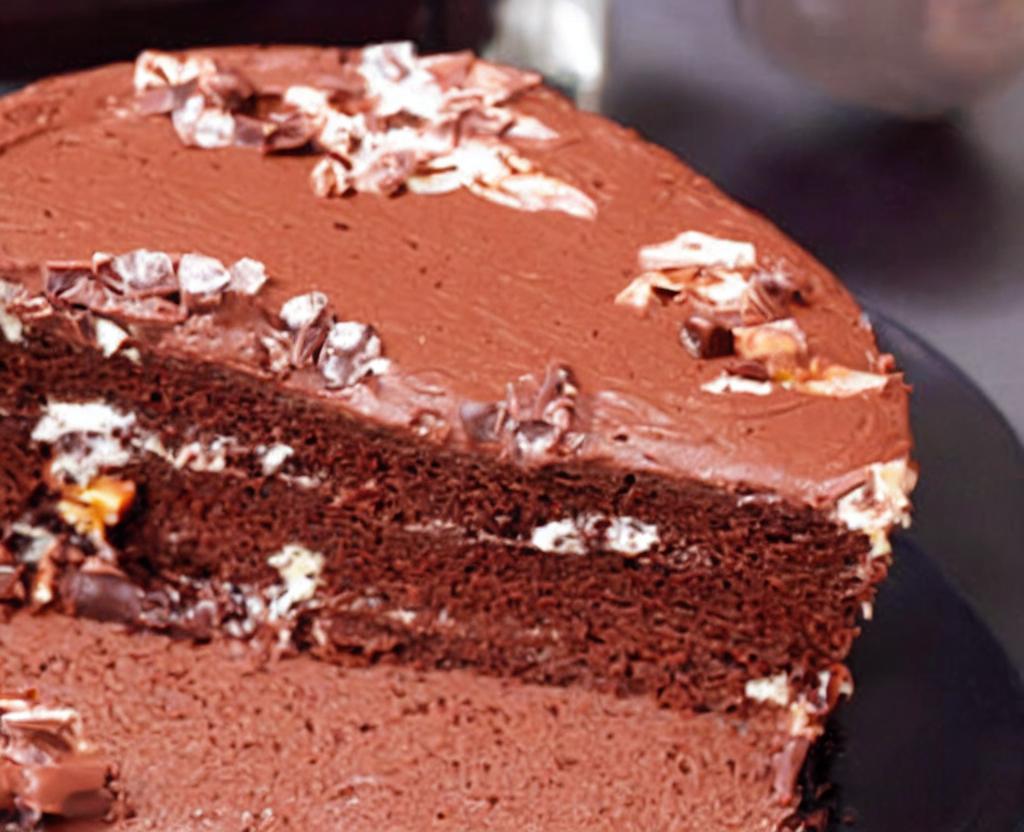What is National Repeal Day?
Prohibition ended in the United States on December 5th, on National Repeal Day.
Prohibition developed out of a moderation tradition that was rooted in America's Protestant churches. Alcohol use, particularly hard spirits, was affecting the population by the 1830s. The majority of participants were male.. Alcohol was seen as the source of all evil among those who supported those who joined the Temperance movement. The movement took place at a time when women had no rights and the nation was debating slavery.. Ethics and other aspects were shifting. Moderation to eradication, the Temperance movement changed the perception of alcohol use from moderation to eradication.
Prohibition Party, Women's Christian Temperance Union, and the Anti-Saloon League all existed in the following decades. Tennessee would pass the first law prohibiting the selling of alcohol by 1838. Any new states that have not joined the union as dry states will enter the union. The 18th Amendment was passed in 1919, prohibiting the manufacture, transportation, and selling of alcoholic beverages. However, the law did not prohibit the consumption of such drinks.
In 1920, the Amendment went into place, and several companies closed. Governments lost tax revenues as a result of the closure of brewers and bars. In addition, the cost of enforcing a prohibition was prohibitive. Those determined to produce, transport, and sell alcohol created a black market that crisscrossed the nation. Their illicit activities became well-known and became the stuff of legend. The stock market crashed in 1929, the stock market crashed.
The "great experiment" by Prohibition was a complete failure. As Prohibition neared the end of its life, the term "bootlegger" would reach its peak usage. The 21st Amendment to the Constitution was introduced by Congress on February 20, 1933, 1933. The amendment repealed the 18th Amendment and was ratified on December 5 this year.







